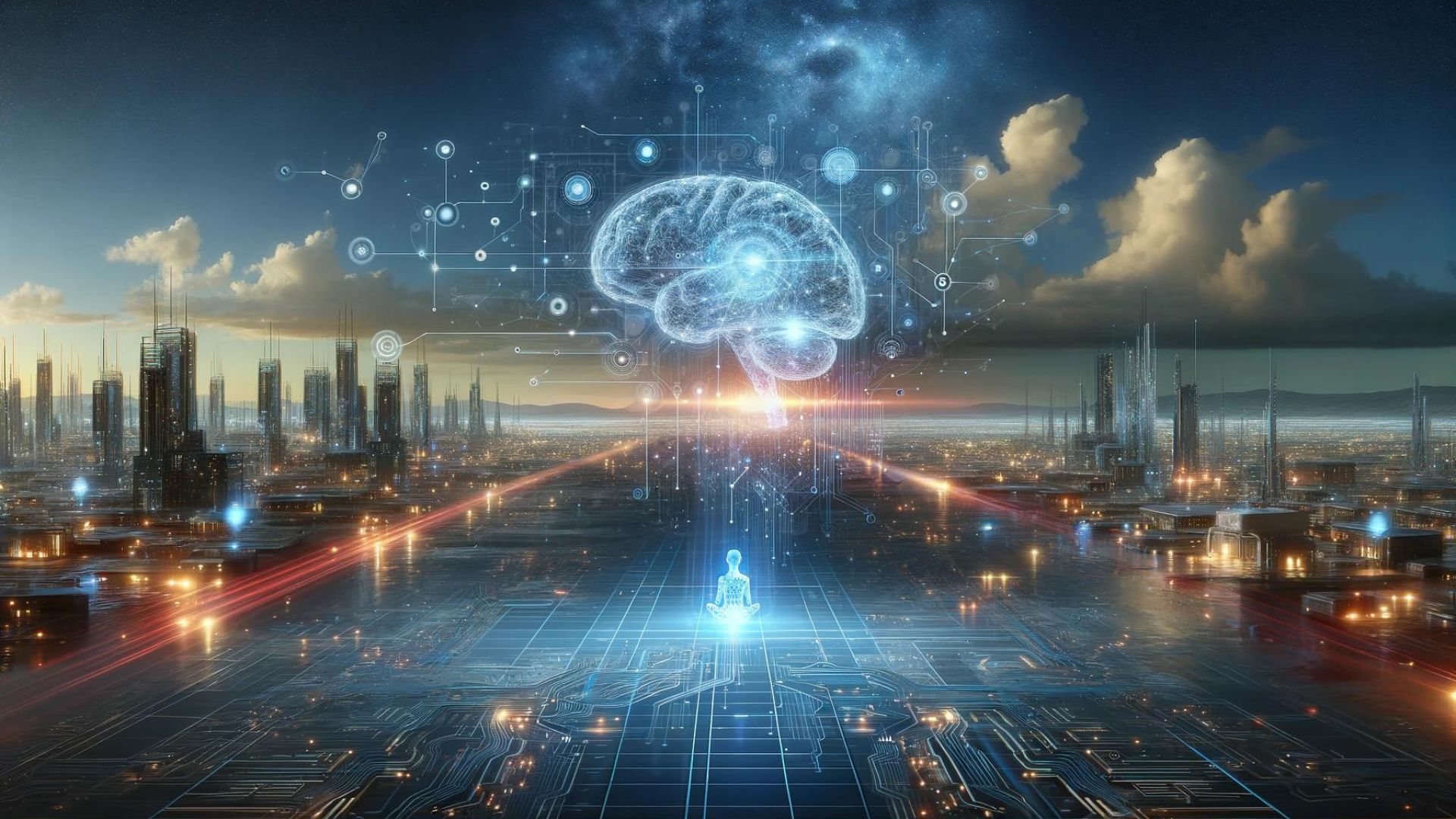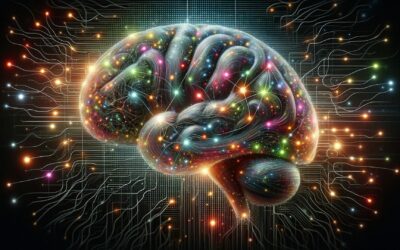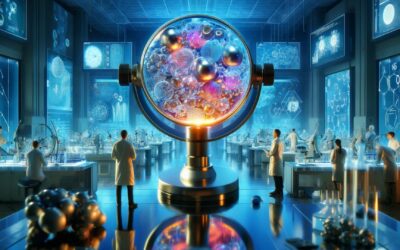Artificial Intelligence isn’t some sci-fi movie anymore. AI is already here, ordering your coffee, writing news articles, and even making medical diagnoses. This technology is evolving faster than ever, changing the way we work, live, and interact with the world. Let’s go beyond the buzzwords and understand what AI really is and why it matters to you.
AI: Intelligence, Without the Human
At its core, AI is about designing machines that can think and act “intelligently” – performing tasks typically requiring human brainpower. This isn’t just robots! AI lives in software, making recommendations on your streaming service or helping your self-driving car navigate rush hour.
Meet Machine Learning: AI’s Secret Weapon
Machine learning (ML) is a super important type of AI. Instead of programming a computer with a rigid set of rules, ML systems “learn” through massive amounts of data. With ML, an AI program can predict everything from weather patterns to financial market trends.
AI in Your Life
You probably already interact with AI dozens of times a day without realizing it:
- Spam Filters: ML keeps your inbox clean by spotting junk mail patterns.
- Chatbots: They’re not always perfect, but AI powers those quick customer service conversations.
- Image Recognition: Your phone sorting photos by faces? That’s AI at work.
- Healthcare: AI is assisting doctors with patient diagnosis and treatment plans.
The Future is Already Here – Opportunities & Challenges
AI promises amazing breakthroughs. Think personalized medicine or solving complex environmental problems. But, there are also challenges:
- Job Displacement: Some jobs are at risk due to automation, making adaptability key.
- Bias: If AI is trained on biased data, it can make unfair decisions.
- The ‘Black Box’: Complex AI systems can make it hard to understand why a decision was reached.
Action Point
AI isn’t going away. Instead of fearing it, get informed!
- Seek out basic online courses about AI to build your understanding.
- Research careers that will thrive in an AI-driven world.
- Have open discussions about AI ethics – How do we ensure this technology benefits humanity as a whole?
Embrace the AI evolution, and you’ll be one of the drivers, not just a passenger, in the exciting future ahead!
Why Should You Care?
- Understanding Your World: AI is no longer niche – it shapes how you get information, buy products, and navigate daily life. Understanding basics is key to being more informed in this landscape.
- Career Impact: AI sparks job displacement AND creates new opportunities. Awareness allows you to build resilient skills or adjust your career path accordingly.
- AI as a Tool: Knowing what AI can (and can’t) do lets YOU harness it more effectively as a tool in work, studies, or creative pursuits.
- Informed Citizen: AI touches issues like data privacy, bias, and governance. Getting educated helps you hold leaders accountable and advocate for ethical use.
Key Takeaways
- AI aims to make machines that exhibit aspects of “intelligent” behavior.
- Machine learning (ML) is a subset of AI where systems improve with data, not just fixed programming.
- AI already impacts many areas of our lives, often in subtle but significant ways.
- AI presents vast potential benefits in sectors like healthcare and science.
- AI raises concerns about job loss, bias, and the need for ethical oversight.
- Proactive learning about AI empowers you to be an active participant in the AI-driven future.
Keywords & Definitions
- Artificial Intelligence (AI): Field focused on making machines capable of thinking and acting autonomously, with varying levels of human-like cognition.
- Machine Learning (ML): AI type where computer algorithms learn from data, improving without being reprogrammed.
- Automation: Using technology to do tasks normally requiring human labor, often driven by AI.
- Bias: When a system, including AI, reflects unfair prejudices from society or its training data.
- Black Box Problem: Refers to complex AI models where understanding the decision-making process is difficult, raising transparency issues.
- Spam Filter: Common application of ML that sifts emails, identifying likely junk mail.
- Chatbots: AI software that simulates human-like conversation for things like customer support.
- Job Displacement: Potential for AI to take over or drastically alter existing jobs.
- Data Privacy: Concern over AI being used to collect or analyze sensitive personal information.
- AI Ethics: Field exploring ways to ensure AI development prioritizes fairness, safety, and social good.
Frequently Asked Questions
- Will AI become sentient like in movies? Most experts say that’s improbable for the foreseeable future. Current AI is very task-specific.
- Can AI be creative? In ways, yes! AI generates art, writes different text types…the question of sentience and ownership lingers.
- Should I worry about a ‘robot uprising’? Less than AI being misused by bad actors or built-in bias causing real-world harm.
Myth Buster
- Myth: Only computer scientists need to understand AI.
- Reality: AI’s impact reaches far beyond software design. Being informed empowers everyone in many job fields and life situations.
Let’s Talk!
- Where do you see AI having the most beneficial impact in society? Where do you worry about its potential misuse?
- Does the idea of AI creating original art worry you, or do you see more opportunity for new forms of expression?
- Should governments play a stronger role in regulating AI development, or should the tech industry self-regulate?
Let’s keep the conversation going in the comments below.










0 Comments